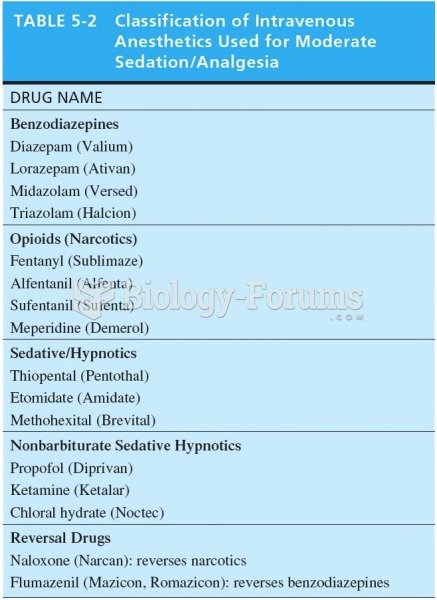|
|
|
Did you know?
Approximately 70% of expectant mothers report experiencing some symptoms of morning sickness during the first trimester of pregnancy.
Did you know?
Hip fractures are the most serious consequences of osteoporosis. The incidence of hip fractures increases with each decade among patients in their 60s to patients in their 90s for both women and men of all populations. Men and women older than 80 years of age show the highest incidence of hip fractures.
Did you know?
The human body produces and destroys 15 million blood cells every second.
Did you know?
There are 20 feet of blood vessels in each square inch of human skin.
Did you know?
Your heart beats over 36 million times a year.







